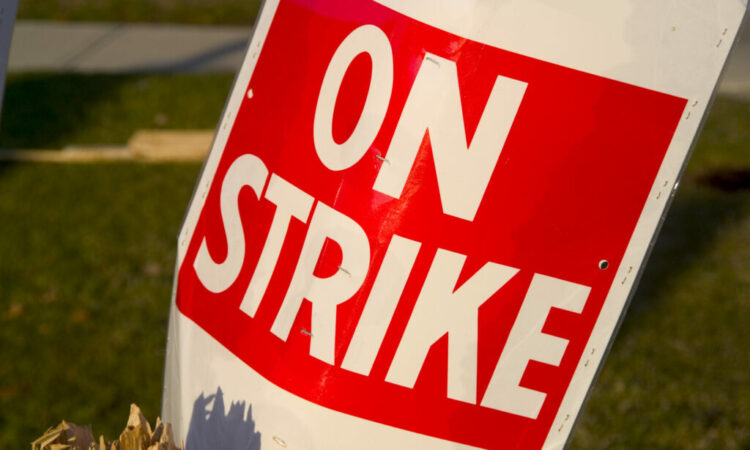Business groups including the Canadian Chamber of Commerce and Canadian Trucking Alliance are calling on the federal government to legislate longshore workers back to work at B.C. ports, fearing the potential effects on domestic and international supply chains.
In a letter to Prime Minister Justin Trudeau July 5, more than 120 associations urged for a quick resolution to the strike.
More than 150 vessels were stalled at the Port of Vancouver as recently as July 3, and another 55 scheduled to arrive, as longshore workers remained on picket lines.
The latest totals in a market summary from Container xChange, an online logistics platform, added to 60 at the Port of Prince Rupert, which was expecting another 25 vessels.
The BC Maritime Employers Association (BCMEA) walked away from the bargaining table on Monday, leaving 7,500 International Longshore and Warehouse Union Canada (ILWU Canada) workers off the job.
While BCMEA says the union is trying to expand its jurisdiction over regular maintenance work, ILWU Canada said on Tuesday the association is “deaf to the real and legitimate concerns” of the union.
“Our jurisdiction in maintenance has been aggressively eroded by member employers by using third-party contractors. This is not an issue of cost for the direct employers because they already pay for this work to be done by maintenance contracting companies,” the union said June 4.
“In fact, using ILWU skilled trades employees will be more cost-effective and will result in a higher quality of work because of their industry experience and competency.”


